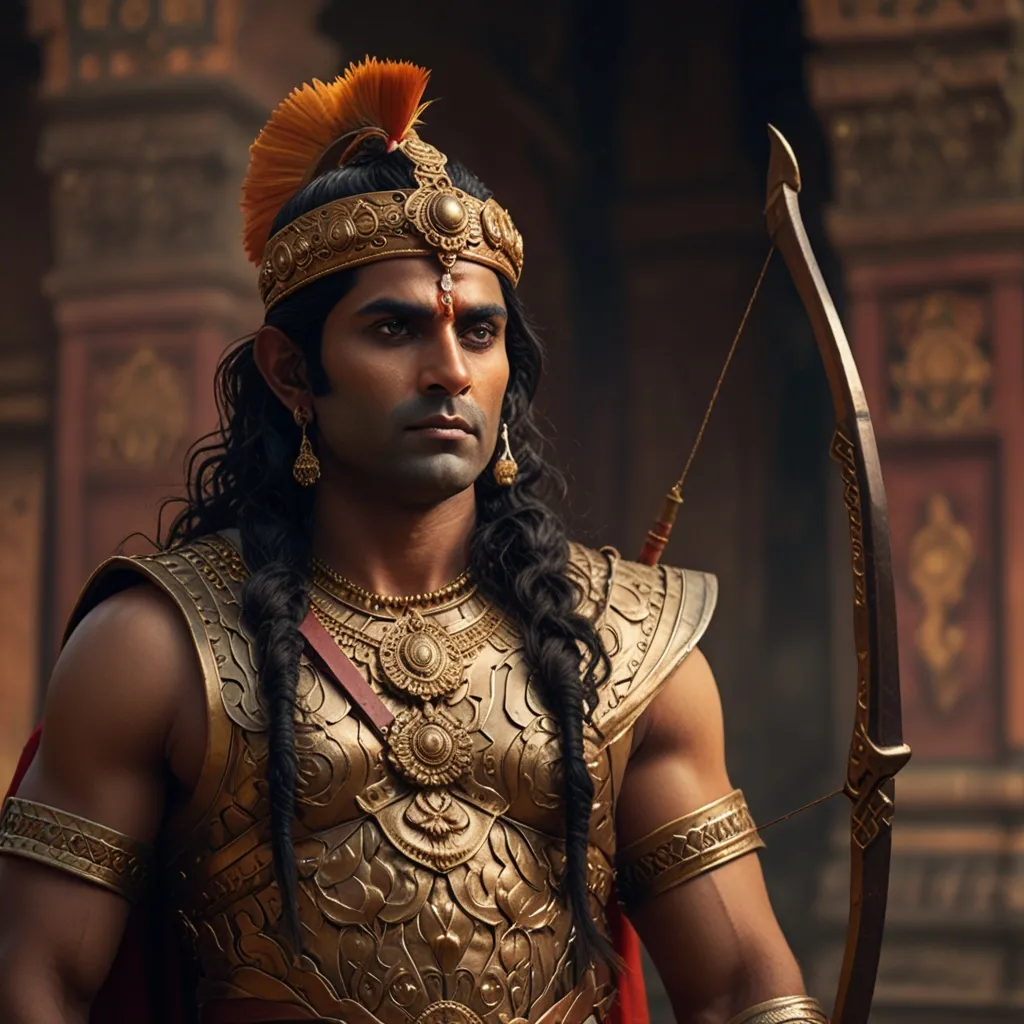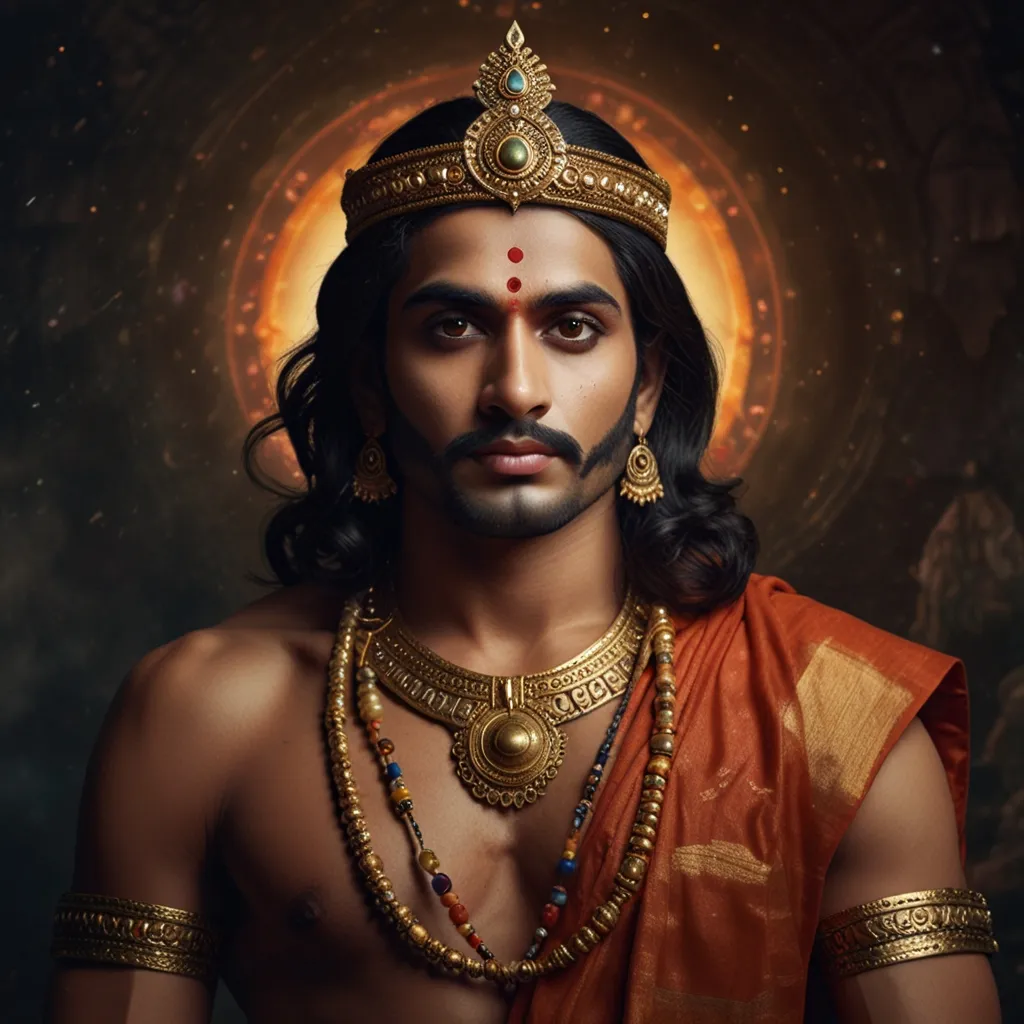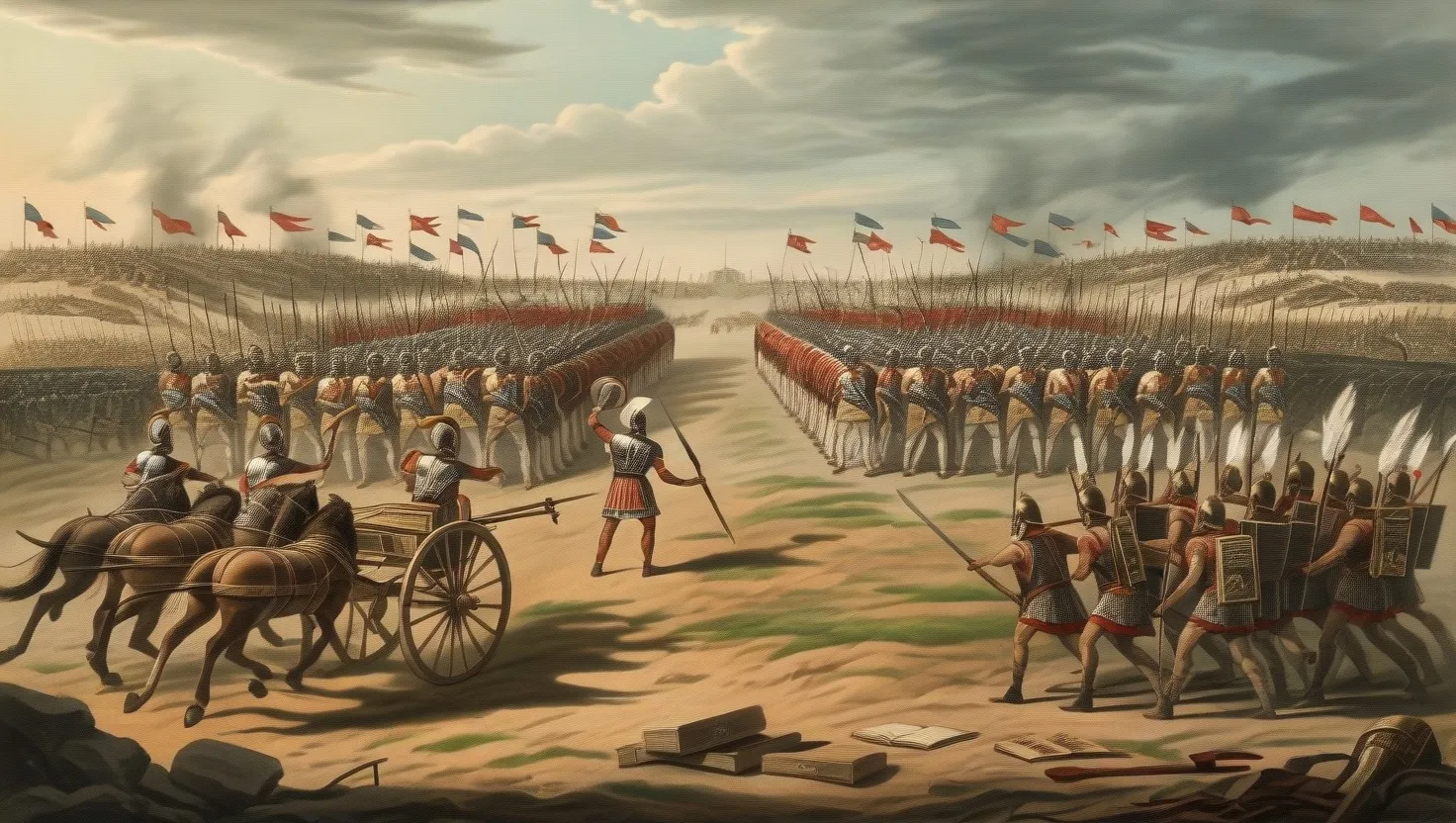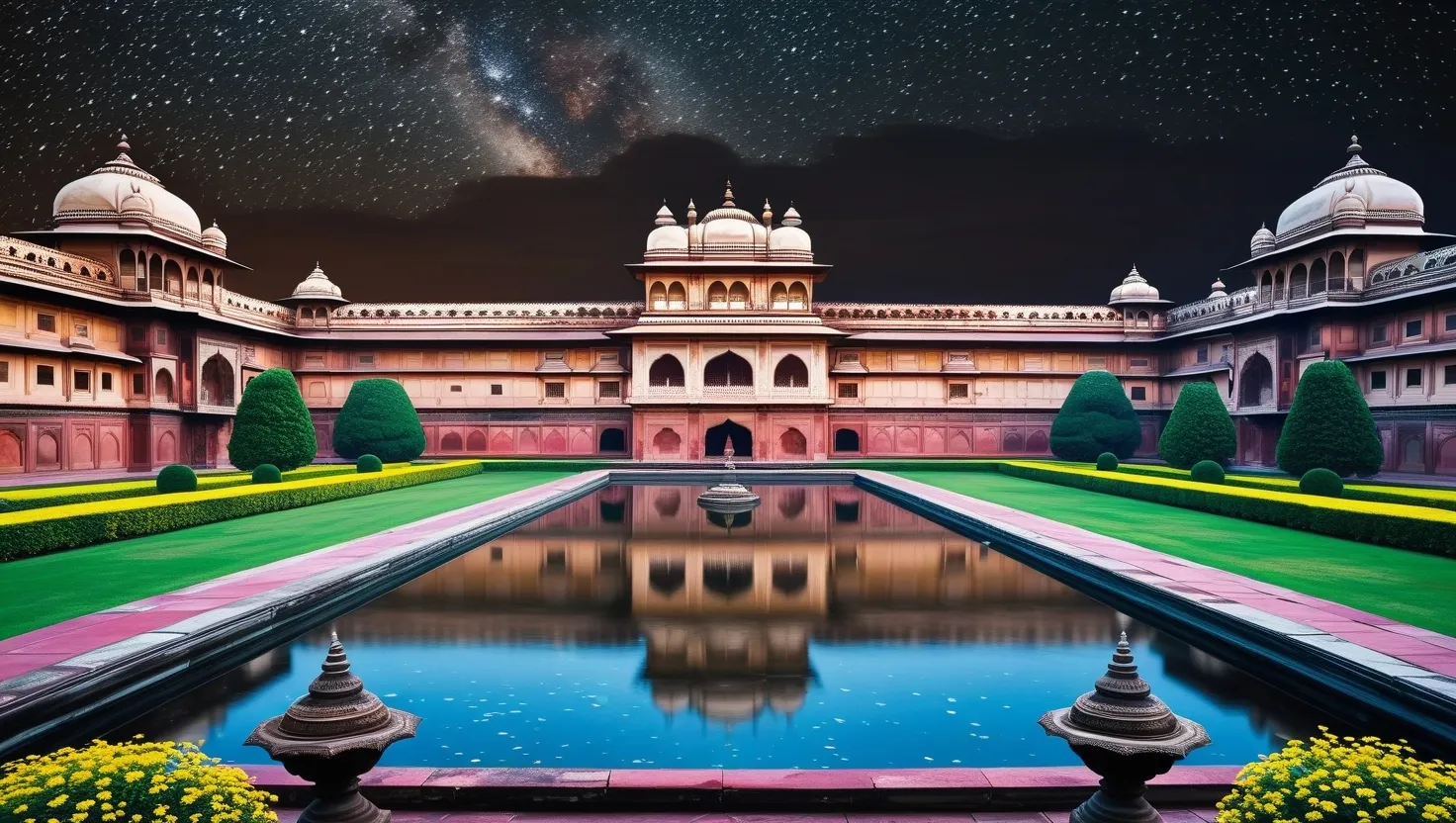In ancient India, there was this king named Vasu who was loved by everyone. He was just and fair, a ruler people adored, but life threw him a wild curveball when the gods cursed him. Imagine going from a king to a snake! Hard to believe, right? But such is the dramatic twist in King Vasu’s life, a story straight out of the Mahabharata, one of India’s grandest epics.
So, Vasu’s journey kicks off as he’s searching for a wife. Picture him as a celibate, religious guy - not the type you’d imagine hunting for a bride. But destiny had its own quirky plans. One day, out begging for alms, he bumped into Vāsuki, a snake, and not just any snake but the king of all snakes. Vāsuki had a sister named Jaratkāru and was desperate because of a terrifying curse hovering over his people.
Here’s where it gets interesting. Kadrū, the mother of all snakes, had cursed all snakes to burn in the fire of Janamejaya’s sacrifice. Vāsuki saw a glimmer of hope in Vasu, believing if Vasu married his sister Jaratkāru, their future son would be the savior. At first, Vasu was a bit skeptical – wouldn’t you be if a snake king proposed his sister to you? But he agreed, though he laid down some strict terms. If Jaratkāru ever displeased him, he would walk away, no questions asked.
Jaratkāru accepted these not-so-charming conditions, and the two tied the knot. Life seemed good; they were together, and Jaratkāru soon got pregnant. But fate had another twist in store. One day, King Vasu dozed off and missed his sacred fire ritual. Jaratkāru, worried that he might neglect his duty, woke him up. Vasu, feeling disrespected, decided to split right then and there.
Even after this rather dramatic exit, Jaratkāru assured Vāsuki that she was pregnant and their son would indeed be the hero they needed. Enter Āstīka, their son, who was brought up in Vāsuki’s court and trained in the Vedas by Pramati, Cyavana’s son. Talk about a high pedigree! Āstīka turned out to be wise beyond his years, a compassionate brahmin dedicated to his duties and caring for all living beings.
Years rolled by, and the dreadful time of Janamejaya’s sacrifice was around the corner. The snakes were in grave danger, and only one person’s name echoed as their savior - Āstīka. Fully aware of his destiny, Āstīka stepped up. In a bold move, he intervened during the sacrifice and stopped it, saving the snake clan from a fiery doom. This wasn’t just a heroic act; it was the fulfillment of a prophecy that brought peace to the land.
Amid all this drama, let’s not forget King Vasu’s transformation into a snake, a significant chapter in this larger-than-life story. His transformation and subsequent redemption through his son’s deeds remind us how destiny works in mysterious ways. Even though Vasu was cursed, his legacy lived on through Āstīka, who emerged as a hero to both humans and snakes.
The tale of King Vasu doesn’t just enrich the Mahabharata but resonates with powerful themes like duty, compassion, and the complex web of fate that binds us all. It’s a rambunctious reminder that even when we’re hit hard by life’s adversities, our actions can pave the way for redemption and peace, not just for ourselves but for those around us.
King Vasu’s story is not just a historical narrative; it’s a timeless account that speaks volumes about human nature and resilience. We see a ruler who, despite his fall, left a lasting impact through his lineage. It’s a testament to the idea that every action, no matter how small, contributes to a bigger picture we might not immediately comprehend.
Imagine the whispers in the courts, the glares of the onlookers, the twinkling eyes of hope among the snakes when Āstīka made his stand. The tale paints a vibrant picture of ancient India – the landscapes, the rituals, the undying spirit of duty, and above all, the belief in the interconnectedness of all living beings.
Reading about Vasu is like experiencing a saga that’s part human, part divine, enriched with mythic grandeur yet rooted in real emotions. The story softly nudges us to reflect on our duties and the unforeseen paths our lives can take.
At the end of the day, the story of King Vasu and Āstīka is more than just a mythological account. It’s a motivational narrative reminding us that no matter how winding or filled with serpentine challenges life gets, there’s always hope, redemption, and the possibility of leaving a legacy that outshines our darkest moments. This grand tale of transformation and redemption is a beautiful chapter from the Mahabharata, one that continues to inspire and teach us the true essence of duty and compassion in the face of destiny’s unpredictable dance.






